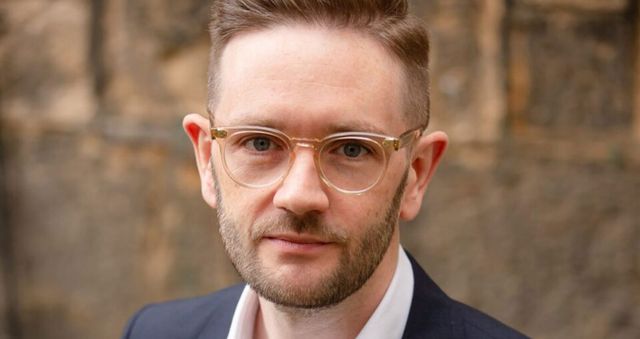
Top takeaways from our roundtable with Chris Stark from the Climate Change Committee
Ted Christie-Miller, Head of Carbon Removal at BeZero Carbon, shares his top takeaways from the event.
The future success of the Voluntary Carbon Market and the scaling of engineered carbon removals are intertwined.
There was a strong sense that improved monitoring, reporting and verification alongside carbon ratings will trigger an increased demand for high quality carbon credits. The group agreed that corporates had some way to go to deliver on their net zero ambitions.
The feeling was that this increased value in high quality carbon credits will result in a surge in demand for carbon removal technologies such as direct air capture, enhanced weathering and bio-energy with carbon capture and storage.
There was a consensus that the market won’t be able to achieve this if corporate sustainability initiatives and coalitions don’t change their framework to allow removals before the 2050 date.
The Voluntary Carbon Market still has a journey ahead to build trust and credibility.
The group discussed the recent turbulence in the market following the press scrutiny on REDD+ credits. There were concerns that funding for biodiversity conservation may be hollowed out if the value of these avoided deforestation focused credits declined. That being said, there was also a strong awareness that the sector has in some cases seen practical limitations, and that significant improvements are necessary.
The group saw the lack of correlation between price and quality in the market as a core issue inhibiting its growth. Being able to price and manage risk with tools such as carbon ratings and insurance products were seen as key solutions to this.
The group discussed the potential for the UK to play a leading role in developing trusted frameworks for the Voluntary Carbon Market, given the strong precedent set by the Woodland Carbon Code.
In the UK, we have just “12-18 months” to act or risk falling behind on carbon removal policy.
Ahead of the Government’s “Green Day” at the end of January, the group felt that time was tight for the UK to compete with the EU and USA on attracting green investment, particularly with regard to carbon removal technologies.
There was optimism about the prospect of removals technologies such as direct air capture potentially being introduced into the UK Emissions Trading Scheme (ETS) as a part of the Government’s consultation response. Developers at the event thought that the UK ETS could provide the consistent regulatory policy framework that the sector needs to crowd in private capital.
Despite this, there was still a feeling amongst the group that the UK needs to act fast to focus funding on carbon removal technologies. While the new £20 billion carbon capture funding package was welcomed, attendees felt that it needed to be matched with similar ambition for carbon removal.
The views expressed in this article are those of roundtable attendees and do not necessarily represent the opinion of BeZero Carbon.